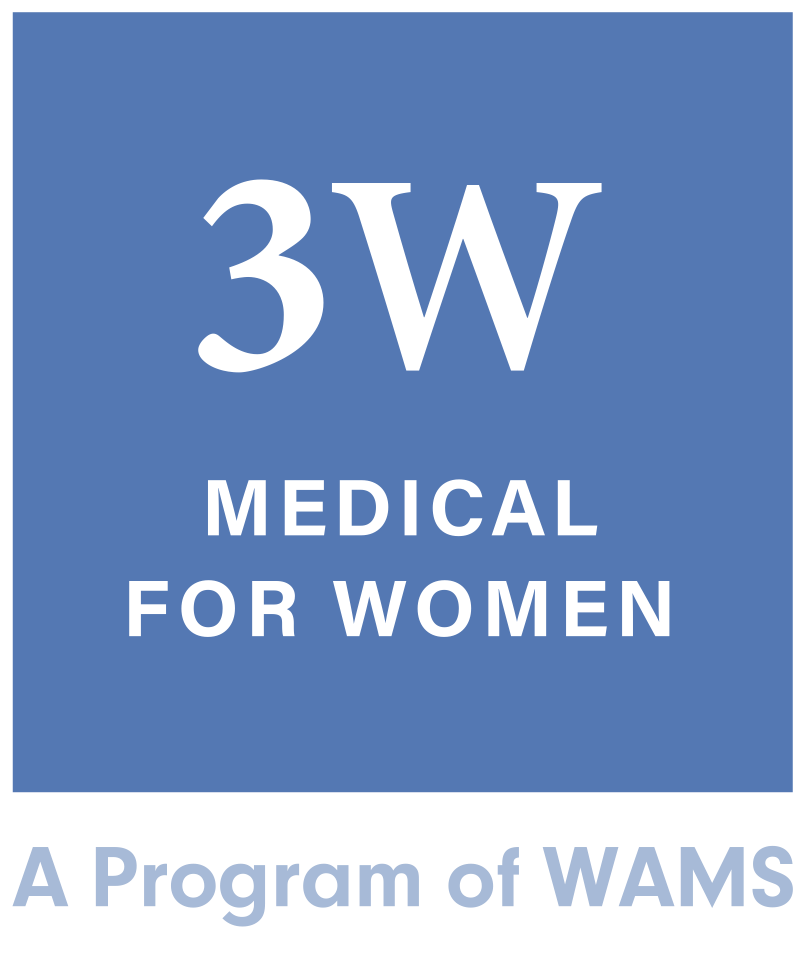Nutrition & Weight Gain During Pregnancy
By Dr. Susan Rutherford
How much weight should I gain? What foods should I eat or avoid? Every pregnant woman asks these questions. There are now some great online resources that even provide individualized information to help pregnant women manage their weight gain.
First of all, “eating for two” is a harmful myth. Increased caloric needs for a normal size woman in the second and third trimesters is actually small – only 350 to 450 calories more per day. For comparison an 8 oz. steak is 450 cal, a Starbucks ham and swiss panini is 380 cal, or a turkey sandwich on wheat with mayo and cheese is 380 cal.
The most updated recommendations come from the Institute of Medicine and are based on starting BMI (body mass index). Women who are overweight should gain less and women who are underweight should gain more than the so-called normal weight woman. For a personalized estimate go to: http://resources.nationalacademies.org/Pregnancy/WhatToGain.html.
Advice you have always heard about eating a variety of foods is true, including lots of fruits, vegetables, grains and protein. Protein is especially important for women with diabetes. Gestational diabetics who emphasize protein and add some exercise may be able to avoid medication to control their blood sugars. For everyone whole fruit is better than fruit juice because fruit juices concentrate sugar. In fact, for all of us, pregnant or not, sugary drinks are not a good idea!
A good food selection resource is: https://www.myplate.gov/life-stages/pregnancy-and-breastfeeding.
Remember also that vitamins or supplements are NOT a substitute for a healthy diet.
What about food safety?
Everyone should avoid foodborne illness (such as salmonella) by washing hands and food preparation surfaces often, by avoiding cross contamination of other foods with uncooked meat, by cooking foods to a proper temperature, and by refrigerating quickly, especially in the summer.
Pregnant women should not eat unpasteurized dairy products such as raw milk or cheese or undercooked foods and should wash all fruits and vegetables, including lettuce and sprouts. Listeria is an example of a bacteria found in unpasteurized or unwashed foods that may make a pregnant woman slightly ill but can cause serious infection in the baby leading to miscarriage or stillbirth.
Eating certain seafoods is healthy and recommended, but some kinds have too much mercury, which causes mental retardation in babies (during both pregnancy and breastfeeding). The best web site I have found about how to eat fish safely is from the Washington State Department of Health: https://www.doh.wa.gov/CommunityandEnvironment/Food/Fish/WomenandChildren
After delivery?
Breastfeeding, Breastfeeding, Breastfeeding!!!
Breast milk exclusively is the healthiest food for your baby for the first 6 months. Breastfeeding will also help you lose weight. Continue to follow the safe food recommendations that apply to everyone, but also the seafood recommendations.
-
2024
- Dec 6, 2024 From Our Podcast: Episodes about Reproductive Loss
- Oct 10, 2024 Intermenstrual Bleeding
-
2022
- Oct 3, 2022 The Mental Health Benefits of Physical Activity
- Jan 14, 2022 From Our Podcast: Episodes about Sexual Assault
-
2021
- Nov 1, 2021 From Our Podcast: Episodes about Vaginal Care & STIs
- Aug 31, 2021 From Our Podcast: Episodes about Pregnancy
-
2020
- Sep 9, 2020 Outside Looking In
-
2019
- Aug 1, 2019 Quick Facts About Amenorrhea
- May 22, 2019 A Rundown on Vaginitis
- Apr 3, 2019 Menstruation and Women’s Health
- Feb 28, 2019 Prenatal Infection Prevention
- Jan 9, 2019 Simple Facts and Myths About UTIs
-
2018
- Nov 14, 2018 The Choice to Breastfeed
- Oct 1, 2018 Breast Exams: What to Expect and What You Can Do to Screen for Breast Cancer
- Sep 21, 2018 Instruments Used And What To Expect During Your Pelvic Exam & Pap Smear
- Aug 29, 2018 The Lowdown on Sexually Transmitted Infections
- Jul 26, 2018 Nutrition & Weight Gain During Pregnancy
- Jul 25, 2018 Healthcare Disparities in Ecuador - Obstetric Fistulas
